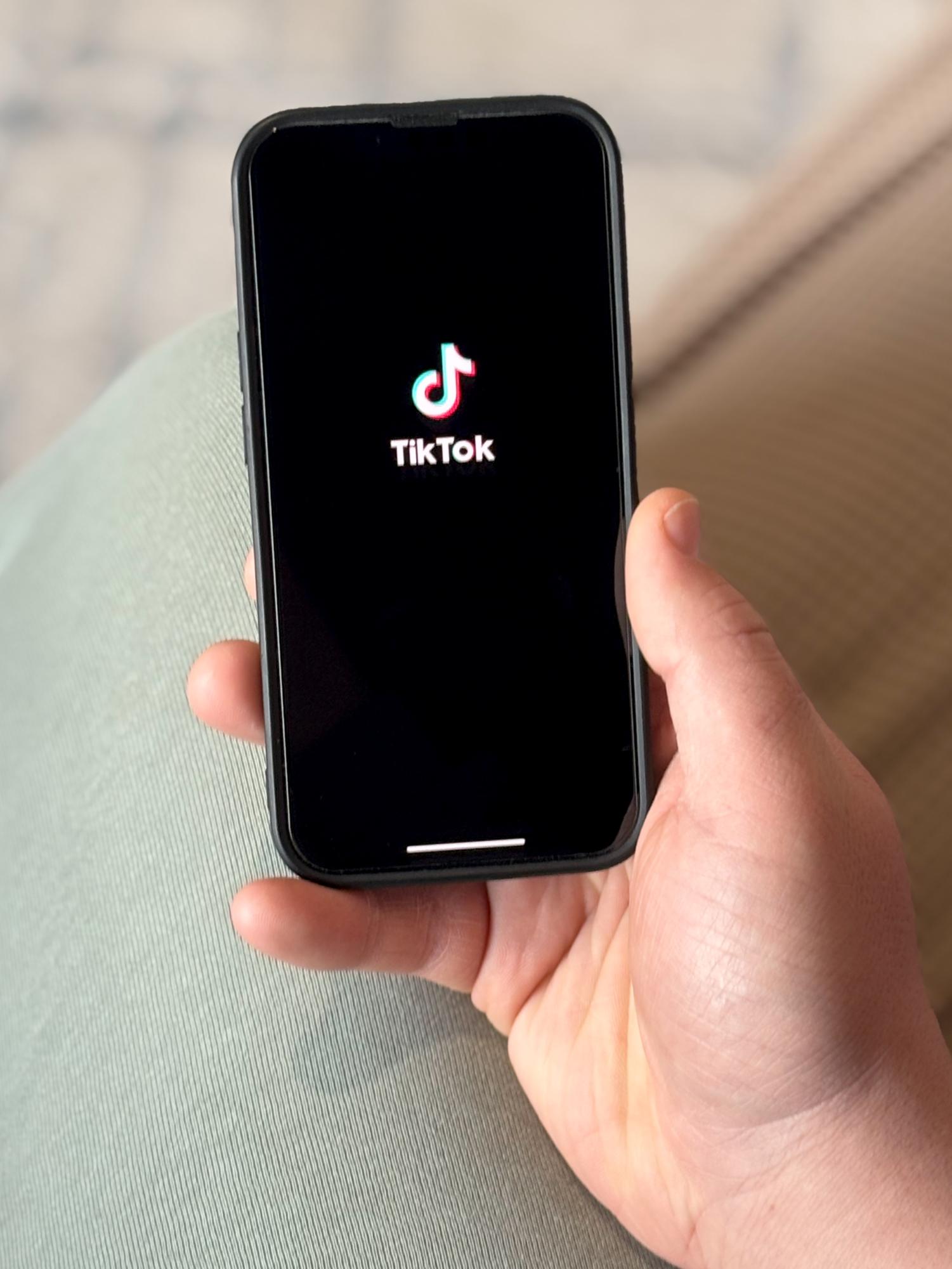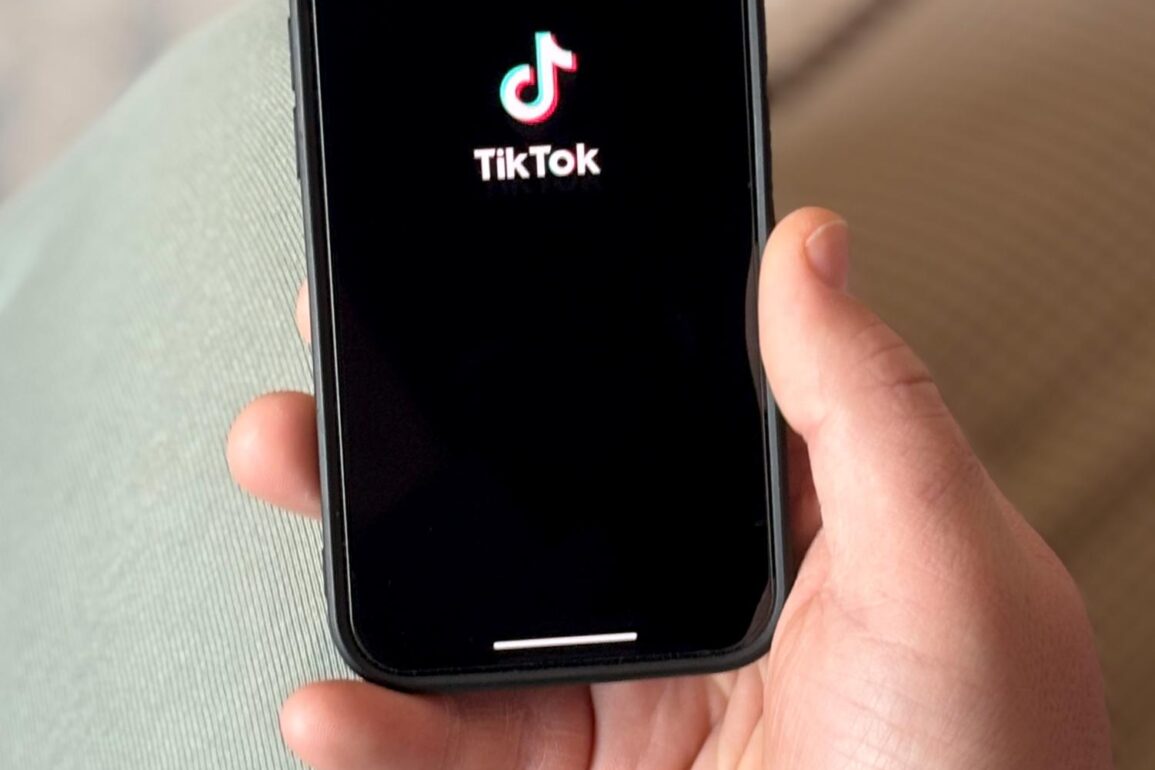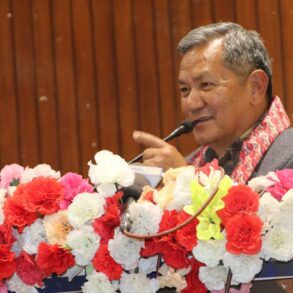
TikTok, a video-focused social media and social networking service, was banned in the United States due to national security concerns from the United States government. The ban prohibited American users from participating on the platform on Jan. 19 and onward.
However, shortly after President Donald Trump’s inauguration, on Jan. 20, Trump issued an executive order that delayed TikTok’s ban to allow both parties, the United States and TikTok, to negotiate a deal that protects the United States’ national security and keeps TikTok in the United States.
“I have the unique constitutional responsibility for the national security of the United States, the conduct of foreign policy, and other vital executive functions,” the White House said. “To fulfill those responsibilities, I intend to consult with my advisors, including the heads of relevant departments and agencies on the national security concerns posed by TikTok, and to pursue a resolution that protects national security while saving a platform used by 170 million Americans” (The White House 2025).
The ban of TikTok originates from the Protecting Americans from Foreign Adversary Controlled Applications Act (H.R. 7521), which congress passed on Apr. 24, 2024. The PAFACA Act aims to defend the national security of the United States from the threat of foreign adversary-controlled applications.
Specifically, if the president finds a social-network service to be “foreign adversary controlled,” the PAFACA Act requires the website or application to be banned within 270 days of it being declared as such. In this legislation, a “foreign adversary country” refers to a country specified in the Title 10 United States Code section 4872. The countries listed underneath this category of the code are the Democratic People’s Republic of North Korea, the People’s Republic of China, the Russian Federation, and the Islamic Republic of Iran.
TikTok is defined as a “foreign adversary controlled application” because it is owned by a Chinese parent company, ByteDance. As a Chinese company, ByteDance must adhere to Chinese national security laws, which indicate that ByteDance is required to cooperate with Chinese intelligence gathering.
To combat this impending ban, the PAFACA Act was appealed to the United States Supreme Court. However, the United States Supreme Court announced that they would uphold the law as they conclude that the challenged provisions do not violate the petitioners’, a person who makes a formal application to a court, First Amendment rights.
Following the presidential inauguration, President Trump signed an executive order that would delay the PAFACA Act by 75 days. During this time, both the United States government and TikTok are working towards a solution that serves the United States’ national security and TikTok’s place in the United States.
If these parties, the United States Government and TikTok, cannot come to a solution TikTok will be banned again on Apr. 5, 2025.
Sources:
TikTok ban: What US app users need to know | CNN Business
Why is TikTok banned? What’s behind the law that shuttered the app – CBS News
TikTok is back online after Trump pledged to restore it | CNN Business
https://www.congress.gov/bill/118th-congress/house-bill/7521/text
https://www.npr.org/2025/01/20/nx-s1-5268701/trump-executive-order-tiktok-ban
The White House. (2025, January 21). Application of Protecting Americans from Foreign Adversary Controlled Applications ACT to TikTok. https://www.whitehouse.gov/presidential-actions/2025/01/application-of-protecting-americans-from-foreign-adversary-controlled-applications-act-to-tiktok/
https://www.law.cornell.edu/uscode/text/10/4872
Dylan Campbell is a Dakota Student Section Editor. He can be reached at [email protected].





